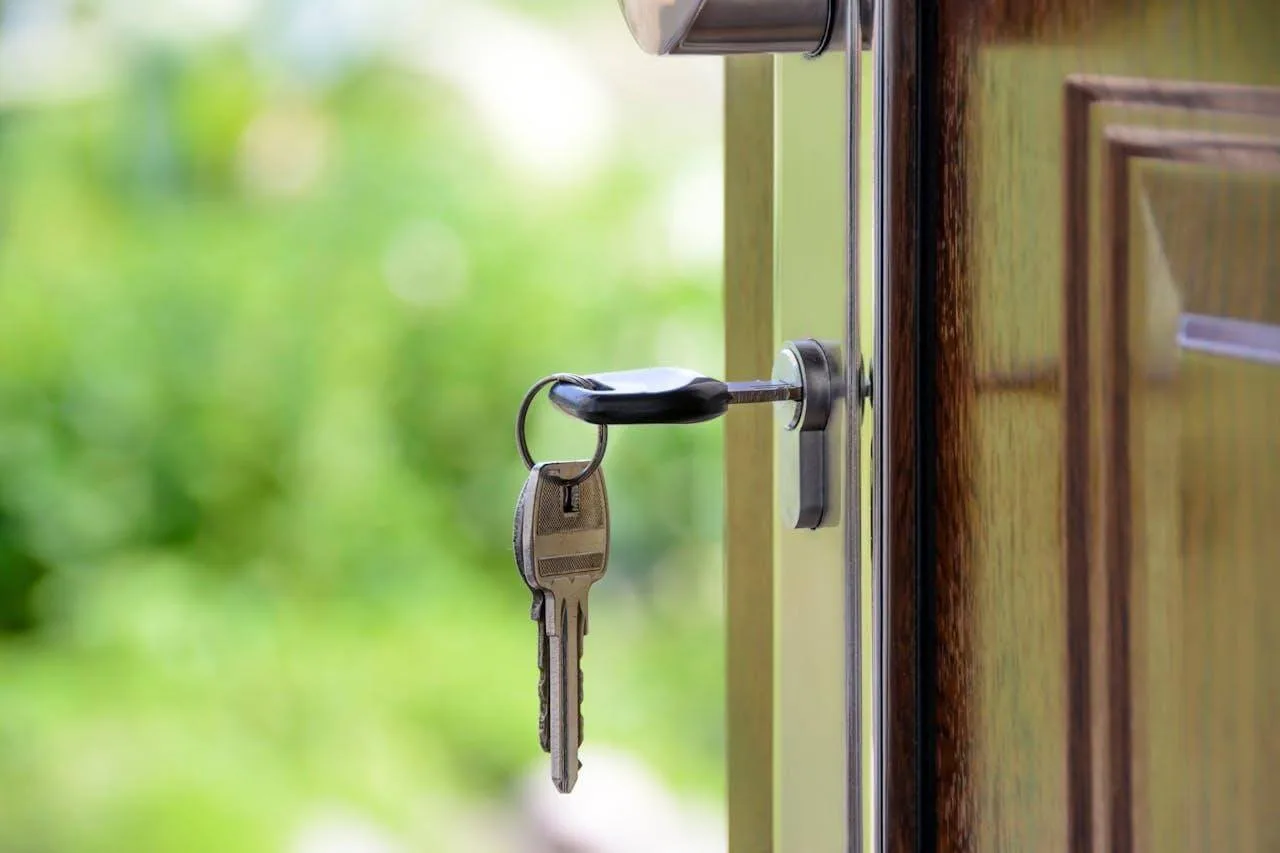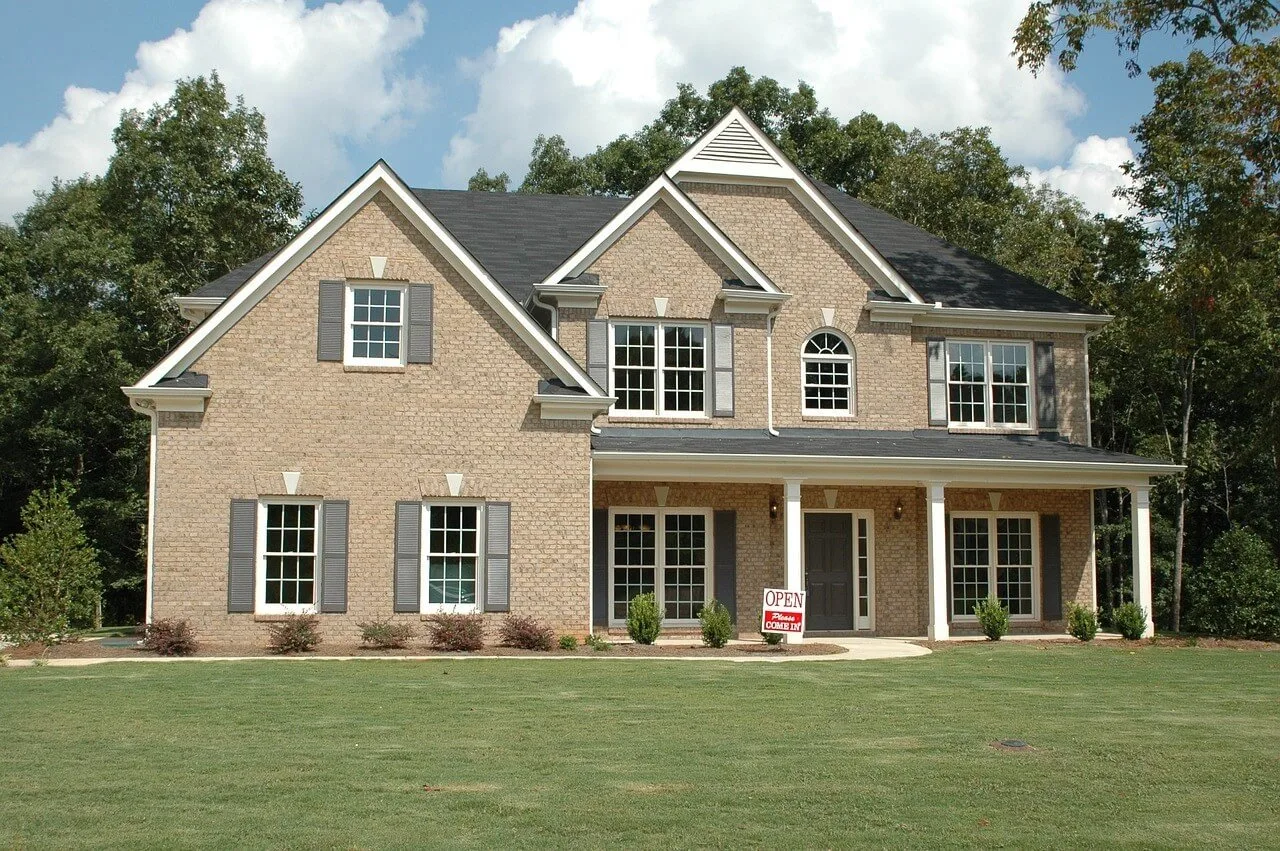Thinking about entering Brazil’s real estate market and real estate investment in Brazil? Making decisions can be complex. Understanding market trends, timing, and important factors is essential for a successful investment journey in this lively South American country.
Let’s talk about the specifics to help you make an informed decision.
Stability in Brazil
Brazil’s continuous efforts to combat corruption and improve political and social institutions have bolstered the country’s economic stability.
These reforms have instilled confidence in investors, creating a more predictable and secure environment for real estate transactions.
The strengthened stability enhances Brazil’s attractiveness as an investment destination, providing a solid foundation for long-term real estate investments.
Economic Growth
Beyond the projected 7.5% growth in the next five years, Brazil’s economic trajectory is underpinned by diverse sectors such as agribusiness, technology, and renewable energy.
This diversified economic landscape offers resilience against market fluctuations, fostering a stable and sustainable economy.
Such economic diversity not only supports long-term growth prospects but also contributes to the overall attractiveness of the Brazilian real estate market for potential investors seeking lasting returns.
Higher Sales Expected in 2024
The Brazilian Association of Property Developers (ABRAINC) reported a significant surge in new property sales across Brazil in the previous year. In the first ten months of the year, the volume of new property sales saw a notable increase of 22.2% compared to the corresponding period in 2022. Fortaleza emerged as a prominent hub for new property launches in the country.
Sales of medium to high-end residences experienced a 12.5% uptick, totaling 34,103 units. The cumulative revenue generated from these sales reached R$15.7 billion, marking an 8.7% rise from the previous year.

Population Growth and Rental Yields
The incremental rise in Brazil’s average GDP per capita signifies an emerging middle class and an increase in disposable income, driving demand for housing and rental properties. This demographic shift towards higher income levels hints at sustained growth in rental yields, presenting an attractive income stream for property owners.
The steady demand for housing, coupled with moderate rental yields ranging from 2.7% to 5.4%, positions Brazil as a favorable market for rental investments with the potential for stable rental income.
Inflation Impact
Anticipated inflation rates of 17.5% over the next five years can have a profound impact on
Brazil’s real estate market. Inflation tends to drive up property values and rental rates, offering a dual advantage for investors.
Real estate, as a tangible asset, can serve as an effective hedge against inflation, preserving the value of investments amidst rising prices.
The potential for heightened property values and rental income due to inflation underscores the strategic positioning of real estate as a resilient investment option in Brazil’s economic landscape.
Types of Property for Investment in Brazil
Brazil’s real estate market offers a diverse range of investment opportunities. From bustling city apartments to beachfront villas, investors can choose from various property types.
There’s even the option to purchase land and develop it, though navigating local regulations and construction costs requires some experience.
As you might expect, prices can vary greatly depending on location. Major cities like Rio de Janeiro and São Paulo command a premium, with prices ranging from $2,000 to $5,000 per square meter. More affordable options can be found in the suburbs or less central areas. If luxury is what you’re after, be prepared to pay a significant premium.

Best Investment Regions in Brazil
Foreign investors often gravitate towards Brazil’s coastal cities and popular tourist destinations. Rio de Janeiro, São Paulo, Florianópolis, and Fortaleza are particularly popular for reasons ranging from vibrant culture and potential rental income from tourism to stunning natural beauty and a relaxed lifestyle. The type of foreign investor can also vary by region.
Cosmopolitan cities like Rio and São Paulo attract a diverse group, while coastal towns tend to draw retirees and those seeking vacation homes.
For budget-conscious investors, emerging neighborhoods in larger cities or lesser-known coastal towns offer promising opportunities.
Cities in the Northeast region, like Natal and Recife, boast more affordable property prices and a growing demand for housing. These regions are becoming increasingly popular due to their lower cost of living and developing tourism infrastructure.
It’s important to consider the pros and cons of each region. While Rio and São Paulo offer high potential for rental yields and capital appreciation, they also come with higher property prices and living costs. Northeastern cities offer lower entry prices and are gaining popularity, but may lack the same level of infrastructure and services.
Final Thoughts
Considering the stable economic outlook, consistent property value appreciation, and positive growth indicators, 2024 emerges as an opportune time for real estate investments in Brazil.
Despite prevalent business uncertainties, the overall market sentiment remains optimistic, emphasizing the potential benefits of property acquisitions in the country.
Stay attuned to market dynamics and economic shifts for a successful investment journey. Embrace the prospects that the Brazilian real estate sector has to offer and embark on a rewarding investment journey!

